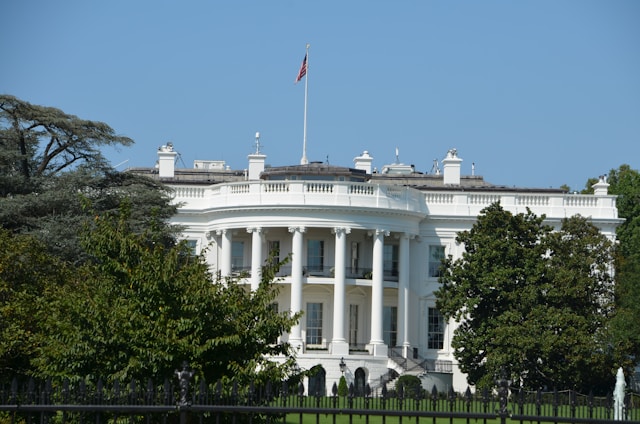President Trump’s plans for US import tariffs have introduced far-reaching complexity to the global economy. In this article, we explore the likely impact on mergers & acquisitions in the UK.
Our focus is the lower midmarket, where our corporate finance specialists have decades of M&A experience.
The M&A market in the UK
M&A activity has generally been slow in the UK since Autumn Budget 2024.
A large number of deals were completed in the runup to the Budget, with sellers wanting to complete before any potential increases to capital gains tax. Since then, activity has been somewhat sluggish.
This is due to the downturn in the general macroeconomic environment, with the UK potentially heading towards a recession. We also attribute it to increased costs for many businesses following the large increases to employer’s National Insurance Contributions which came into effect on 6 April 2025.
President Trump’s recent tariff plans have now only added to concerns over M&A.
Increased uncertainty and market volatility
The tariffs quickly caused significant fluctuation across global markets. For example, the FTSE 100 index fell by over 10.5% over three days in early April 2025 and has been very volatile since. This volatility can be particularly challenging for lower midmarket companies, which may lack the resources and resilience of larger businesses to weather such economic turbulence.
For M&A activity, this uncertainty can lead to delays and hesitations. Potential buyers and sellers may adopt a wait-and-see approach, postponing deals until there is more clarity on the economic outlook. Potential sellers may be concerned that valuations are down and may prefer to wait until a perceived return to normality.
This cautious stance can slow down the pace of M&A transactions, as companies prioritise stability over expansion in uncertain times.
Impact on valuations
The economic uncertainty can also have a direct impact on the valuations of companies.
The increased costs of imported goods and materials can squeeze profit margins, leading to lower valuations. For SMEs, which often operate on tighter margins, this can be particularly detrimental. Buyers may be less willing to pay premium prices for companies whose profitability is threatened by rising costs.
Opportunities for strategic acquisitions
Despite the challenges, President Trump’s tariff plans may also create opportunities for strategic acquisitions.
Companies that can adapt to the new trade environment and find ways to mitigate the impact of tariffs may become attractive targets for acquisition. For example, businesses that can localise their supply chains may be better positioned to thrive in a tariff-heavy environment.
Additionally, the economic disruptions caused by tariffs may lead to distressed sales, where companies facing financial difficulties are sold at lower valuations. This can present opportunities for well-capitalised buyers to acquire valuable assets at a discount. If you’re a lower midmarket company with a strong financial position, this could be a chance to expand your market presence and gain a competitive edge.
Potential impact of a US-UK trade deal
A trade deal between the US and UK would likely reduce or eliminate tariffs on a wide range of goods, fostering a more favourable trade environment between the two countries. This could lead to several positive outcomes for lower midmarket M&A activity:
Increased investor confidence
The removal of tariffs and the establishment of clear trade rules could reduce uncertainty and market volatility, encouraging more M&A transactions. Investors would have greater confidence in the stability of the economic relationship between the US and the UK, making them more willing to engage in cross-border deals.
Improved valuations
With lower costs for imported goods and materials, companies could see improved profit margins. This could lead to higher valuations, potentially increasing the supply of businesses entering the M&A market.
Enhanced strategic opportunities
A trade deal could open new markets and opportunities for UK companies, making them more attractive to US buyers. This could lead to an increase in cross-border M&A activity, as companies seek to capitalise on the benefits of a more integrated trade relationship.
Uncertainty versus opportunity
President Trump’s tariffs have introduced significant challenges for lower midmarket M&A activity in the UK. Increased uncertainty, market volatility, and sector-specific risks are likely to slow down the pace of transactions and impact valuations.
However, for companies that can navigate these challenges and adapt to the new trade environment, there may be opportunities for strategic acquisitions and growth. Professional advice can help SMEs to make the most of these opportunities.
How BKL can help
BKL’s corporate finance specialists advise entrepreneurs and management teams, completing M&As across a range of industries.
Our lead advisory and transaction support services cover every stage of the business lifecycle, from M&A strategy and due diligence to valuations and exits.
Working closely with BKL’s specialists in transaction tax and commercial finance, we provide extensive guidance throughout the deal process.
Get in touch today for a chat about how we can help you achieve your business ambitions in uncertain times.


